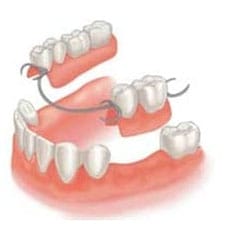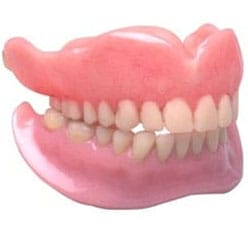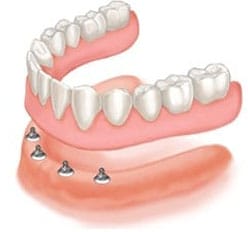
Denture

Dentures

Denture
If you are in need of emergency denture repairs, My Emergency Dentist has many dental clinics that may be near you. You can find us in Perth and Brisbane; click on the links below.
Signs include:
• Chips in the dentures.
• Difficulty chewing after the two-week acclimatisation process.
• A changing fit in your mouth.
• Pressure sores on your gums.
• Speech pattern changes.
• Bad breath.